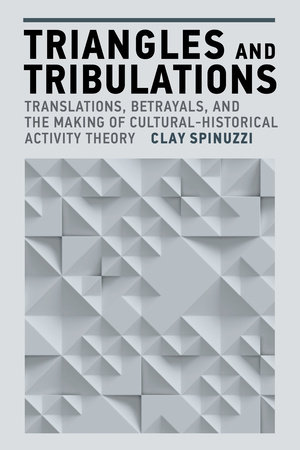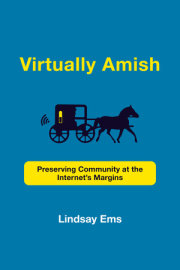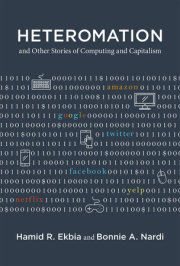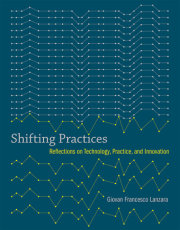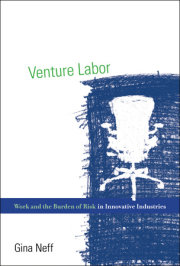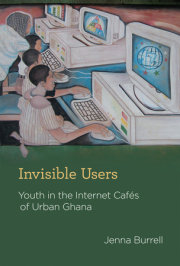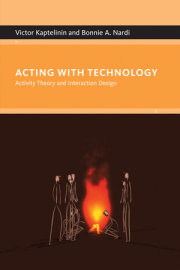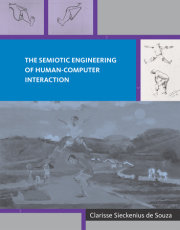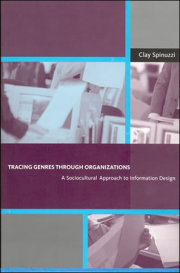Acknowledgments
1 Introduction
Part I: Method and Research Object
2 Translations and Betrayals
3 CHAT’s Generations—or Strands, or Waves?
Part II: Translations of CHAT
4 Vygotsky’s CHAT: Marxist Psychology Before the Great Terror
5 Leontiev’s CHAT: Marxist Psychology After the Great Terror
6 Westernized CHAT in 1987: An Interventionist Design Approach
7 Interlude: CHAT as a Sociocognitive Base for North American Writing Studies
8 Engeström’s “Third-Generation” CHAT: An Organizational Sociology
9 Engeström’s “Fourth-Generation” CHAT: An Implementation of Public Policy
Part III: Translations of Scope
10 The Scope of the Expanding Object
11 The Scope of the Unit of Analysis
12 The Diffusion and Translation of CHAT
Notes
Works Cited
Index

